Reading and Expression in French
We will analyze the reprise and transformation of these forms in the Romantic lyrics of the nineteenth century, as well as their subsequent post-Symbolist ironizations.
Learn more about this courseWe will analyze the reprise and transformation of these forms in the Romantic lyrics of the nineteenth century, as well as their subsequent post-Symbolist ironizations.
Learn more about this courseThis course is the sequel to F300 and we build on the skills acquired there to read poems and novels by French authors from different periods of French history.
Learn more about this courseTaking a comparative, transnational approach, this course offers an overview of European cinema as an evolving art and as a means of tracing the evolution of European society, politics, and identity from the early twentieth century through the present, using representative films from Belgium, France, Germany, Sweden, and the Soviet Union.
Learn more about this courseThis course serves as a general introduction to the cultural history of medieval France from the Carolingian Empire to 1500.
Learn more about this courseThis course provides an overview of the structure of present day French, a perspective on its historical development, and an analysis of some of the current language-related issues in the French-speaking world.
Learn more about this courseThis course is intended for people who want to study Italian and are interested in opera and operatic world.
Learn more about this course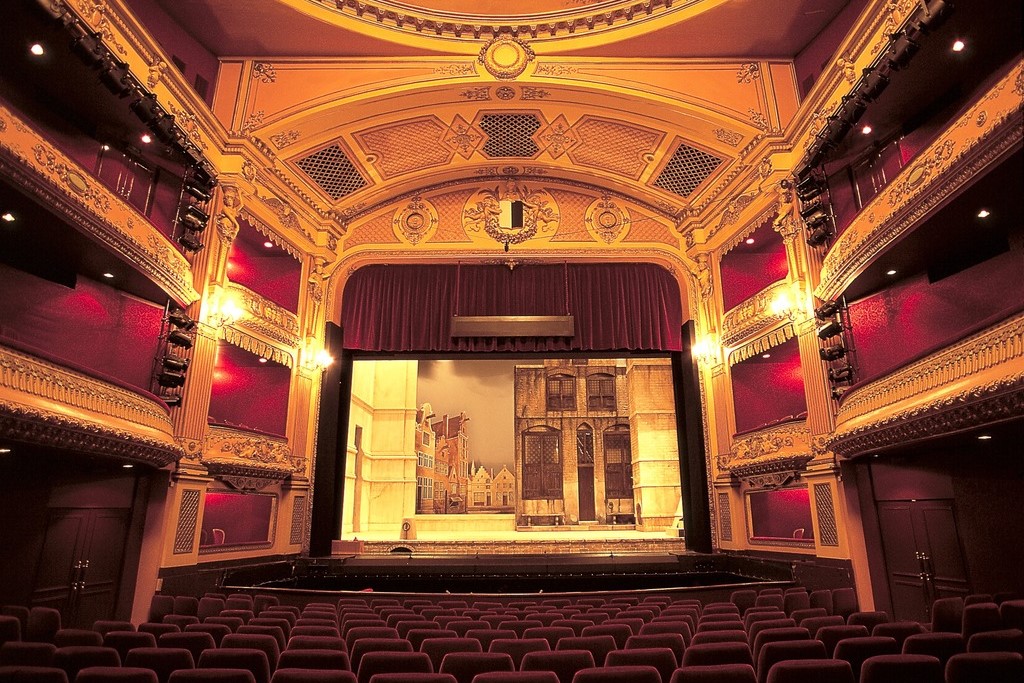
In this course we will read plays and essays by French authors from the 17th to the 20th century.
Learn more about this course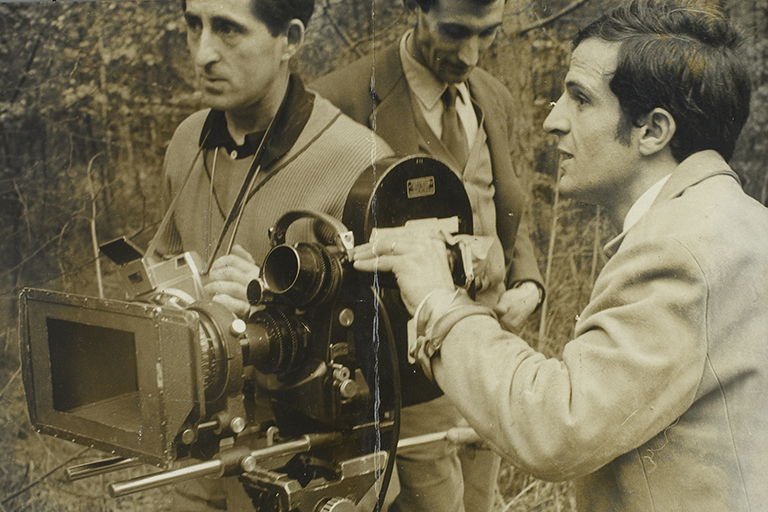
Organized chronologically, this interdisciplinary course traces the development of French cinema from its origins through the present using fourteen exemplary films. We will approach film not only as a form of art and as an expression of French cultural specificity, but as an economic commodity, a tool of socio-political discourse, and a repository of collective memory.
Learn more about this course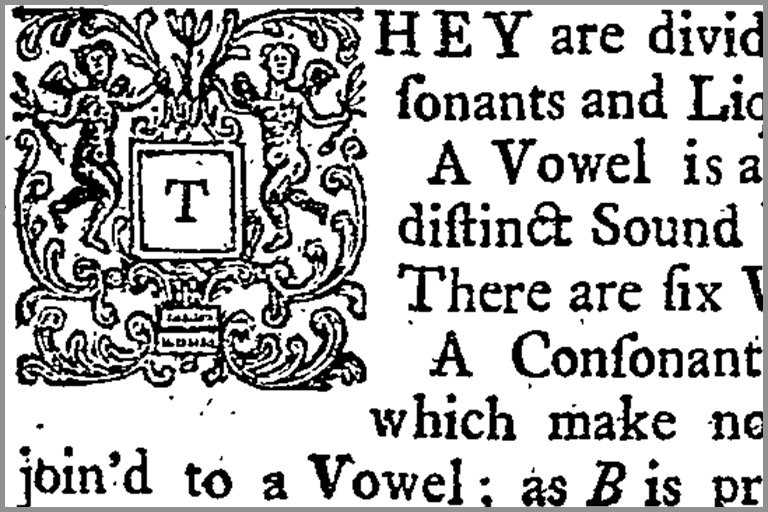
Intensive study of French grammar including in-depth review and exploration of advanced topics such as the passive, the causative, and indirect discourse.
Learn more about this course
Intensive study of French grammar including in-depth review and exploration of advanced topics such as the passive, the causative, and indirect discourse.
Learn more about this courseThis course is designed to build upon the intermediate students existing knowledge of major French grammar points through intensive study and develop a more sophisticated mastery of advanced structures.
Learn more about this courseThrough the lens of French food and fashion, we will explore the 17th century of Louis XIV, and meet some of the most important culinary and fashion experts throughout French history.
Learn more about this course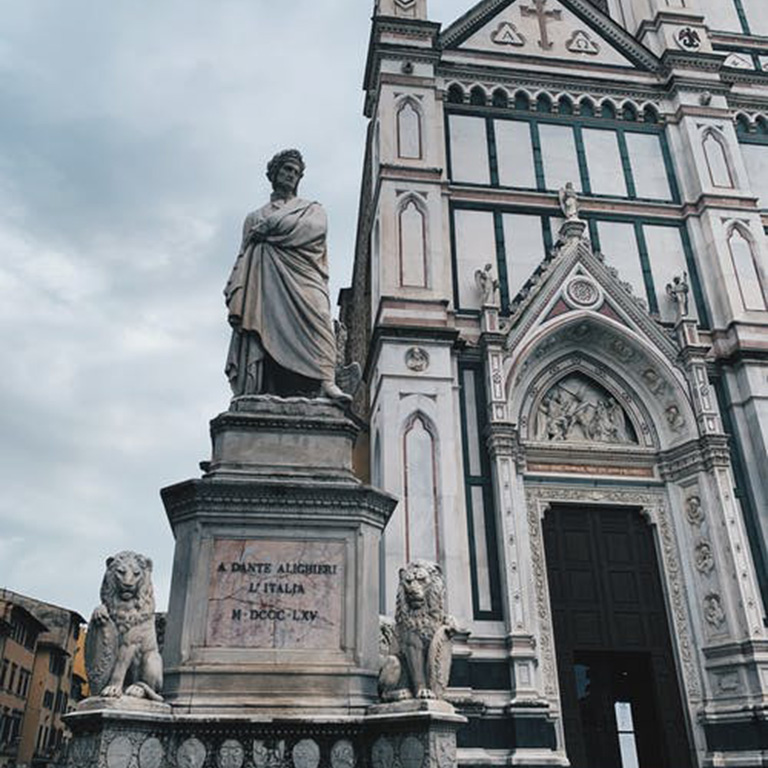
In this course we will examine or reexamine, from an historical as well as anthropological point of view, the condition of exile throughout Italian culture from the foundational myth of Rome to current migration issues.
Learn more about this course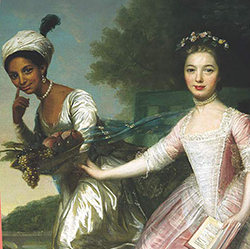
We will read six short French novels from the 18th and 19th centuries, written by men and women, featuring exotic—and often erotic—heroines and/or heroes.
Learn more about this courseThese questions might seem unrelated to each other, but by the end of this course we will have explored both the history of Italian comics and the most important events of 20th century Italy.
Learn more about this course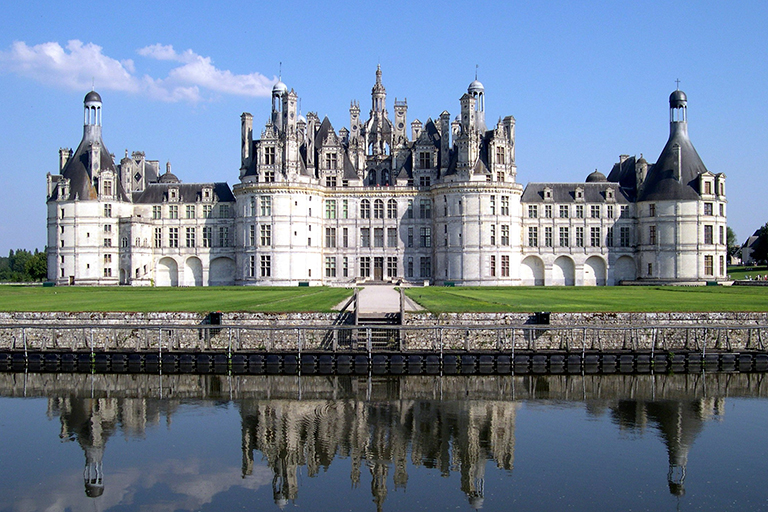
This course explores the literary achievements of sixteenth-century France, the Renaissance.
Learn more about this course
The purpose of this course is to explore the relationship between painting and literature from an interdisciplinary perspective (literary, art historical, and philosophical), while developing a critical approach that questions the connections and discrepancies between text and image throughout history.
Learn more about this course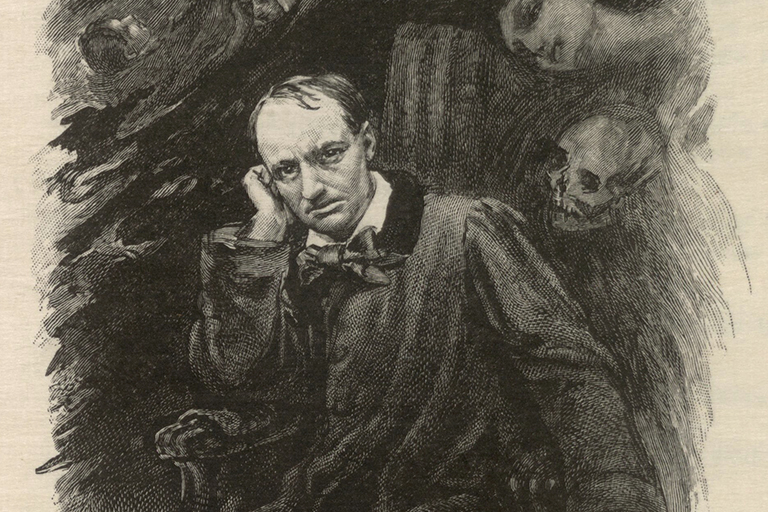
In this course, we will examine the development of French lyric poetry, from the emergence of Romantic subjectivity at the beginning of the 19th century through the “decadent” period at the end of the century, focusing on the personality of the poets, as they figure their sentiments in verse.
Learn more about this course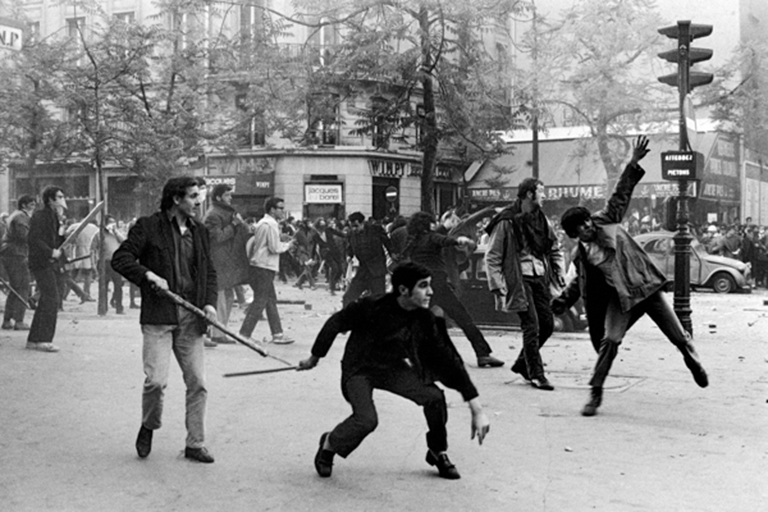
The French-speaking world experienced immense political activity and change during the 1960s: Social Movements, Feminism; Anti-Colonial Wars; Decolonization; Collective Identity Crises and more! These political shifts also took place during movements of artistic innovation such as the nouveau roman, pop art, and cinema in particular. In this class, we will explore how Francophone cinemas in Africa, North America, and Europe addressed various issues brought up by the political and social turmoil of the decade.
Learn more about this course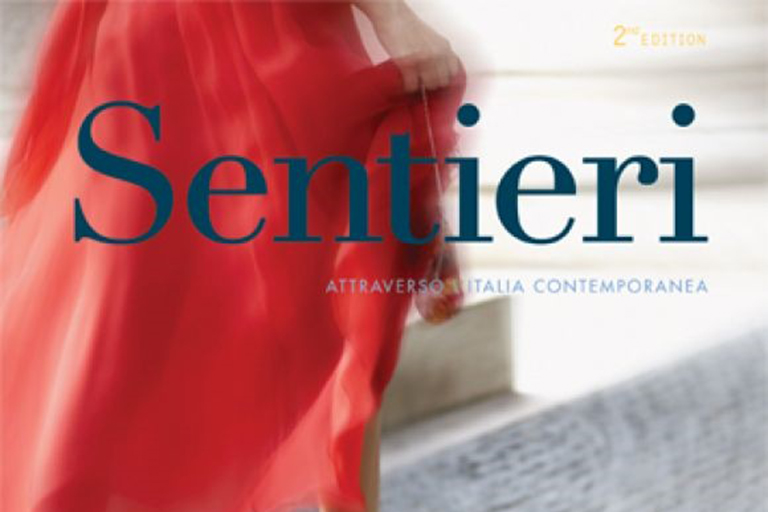
Introduction to contemporary Italian language, geography, and culture. Involves a broad variety of assignments and activities that develop grammatical competency and proficiency in listening, speaking, reading, and writing.
Learn more about this courseThe objective of this course is to gain a better understanding of the cultural and social developments that have shaped contemporary Italian life, seen through twelve compelling films.
Learn more about this course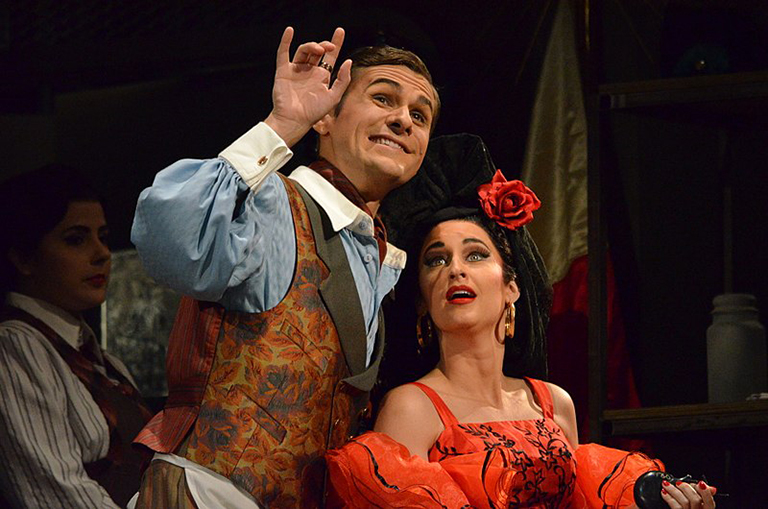
** M110 has been canceled for Fall 2019**This intensive beginning course covers the material of two semesters in one (M100 and M150). The course meets four times a week and also involves independent work by students, a portion of which will be performed online. During the semester students are involved in a variety of tasks practicing speaking, writing, listening and reading in a cultural context. M110 uses opera libretti to learn all the basic language skills.
Learn more about this course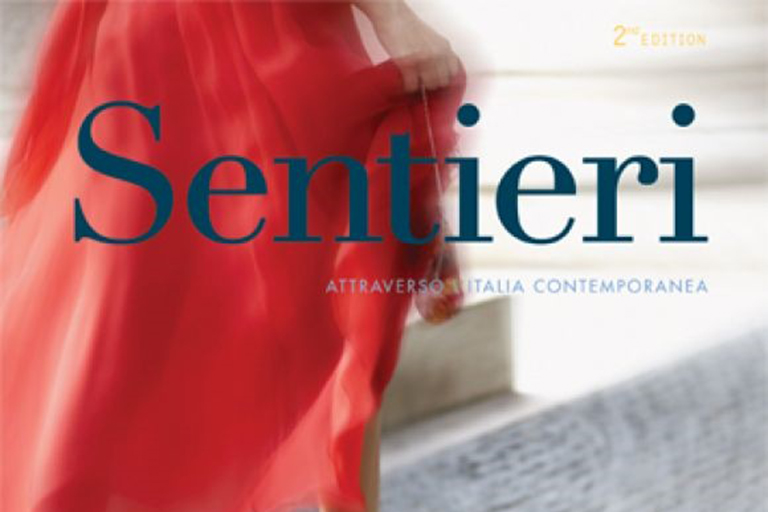
This intensive beginning course covers the material of two semesters in one (M100 and M150). The course meets four times a week and also involves independent work by students, a portion of which will be performed online. During the semester students are involved in a variety of tasks practicing speaking, writing, listening and reading in a cultural context.
Learn more about this courseDespite the anti-political and conservative trends that have infiltrated Italian society in recent years, Italian cinema has renewed its longstanding engagement with issues pertaining to work, criminality, immigration, racism, gender, violence, eco sustainability and national identity.
Learn more about this courseAt times a single expression like Mamma mia! can be a metaphor for its whole culture of origin.
Learn more about this course
This course explores Italy’s colonial past and racial history to understand the contemporary challenges that a multicultural Italy faces and the immigration experience of Italians in the United States throughout the last 150 years.
Learn more about this courseThe course is designed around literary, philosophical, and sociological approaches to urban space, and readings will challenge students to understand those approaches as well as sample some of their realizations in longer writings about the City of Light from French authors in translation.
Learn more about this course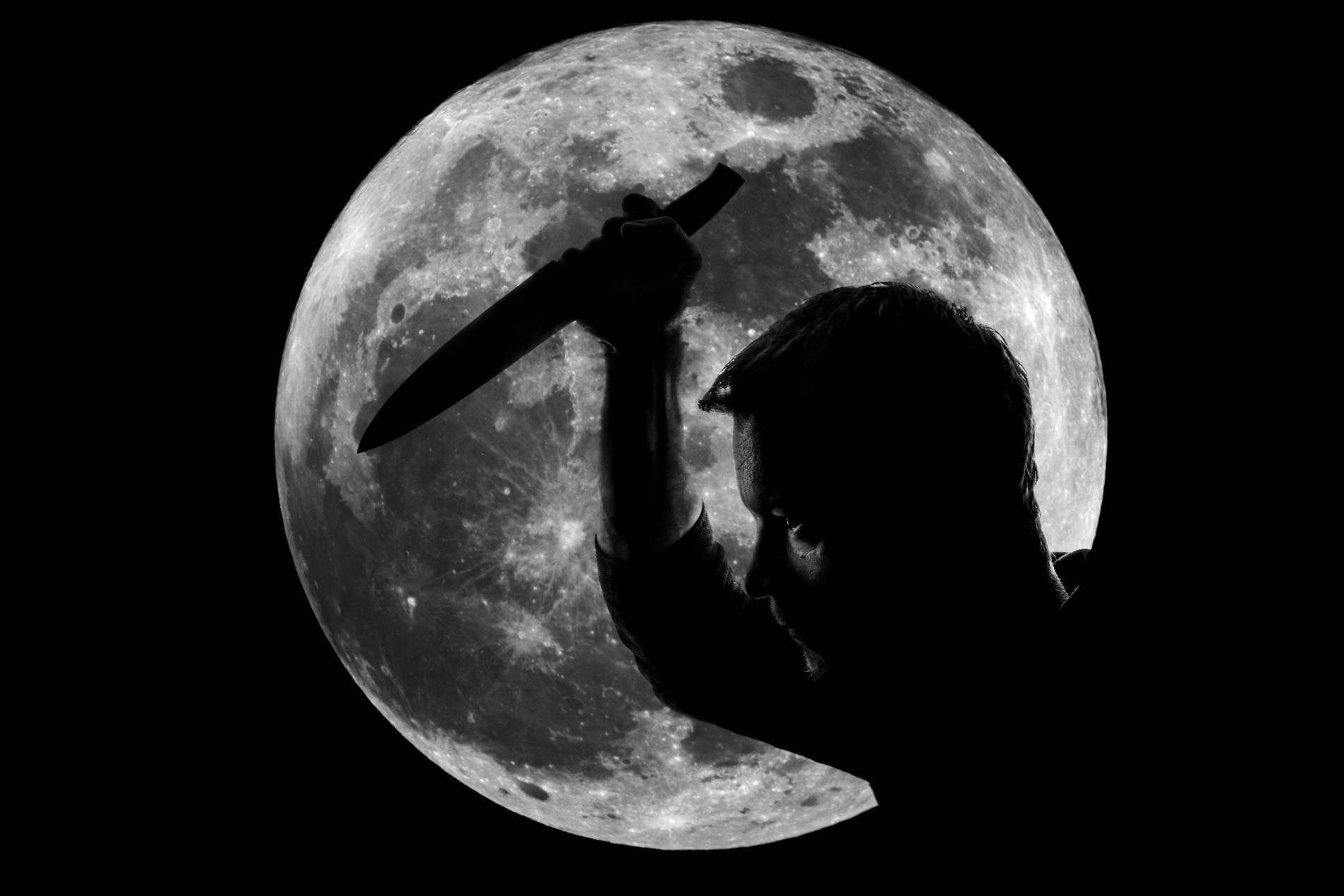
The primary focus of this course will be to teach students how to understand the conventions and traditions that govern any literary genre, with specific reference to the "thriller" as exemplified by selected detective and spy stories in both literature and film.
Learn more about this courseWhat is a text? What is a book? What is an author? How have these notions changed since the twelfth century and how do they influence the ways we read? While exploring the origins and development of the medieval legend of King Arthur, this course asks such questions about the nature of medieval French literature.
Learn more about this courseThis course will center on Francesco Petrarchs groundbreaking 14th-century collection of lyric poetry, theRerum vulgarium fragmenta(Fragments of vernacular things).
Learn more about this course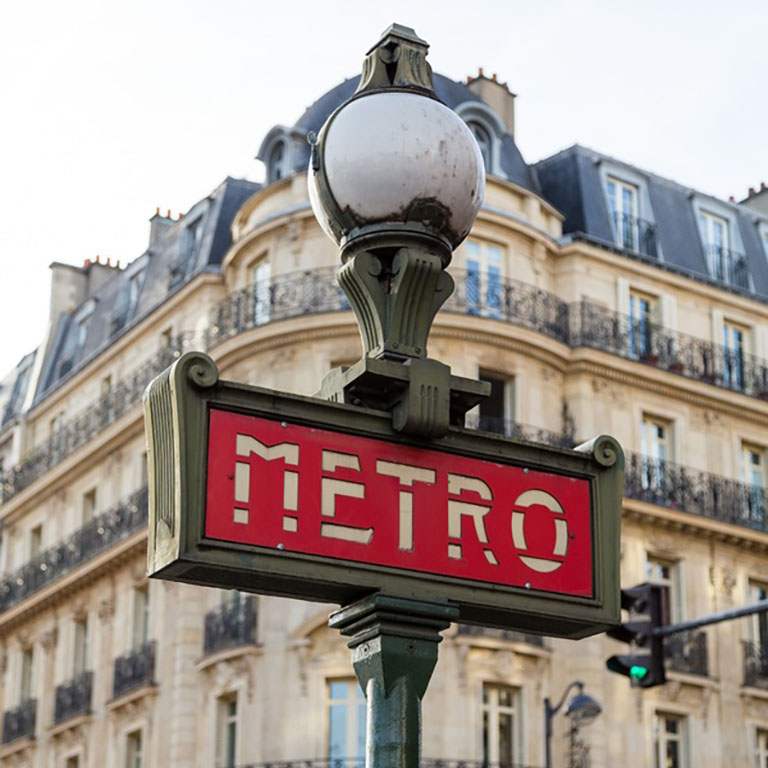
This is a Huttons Honors International Experiential Program course, located for eight weeks on the Bloomington campus (March 7-May 6), and ending in two weeks on-site in the city of Paris.
Learn more about this course
This class discusses race relations in the US through the lens of science fiction, with particular emphasis on indigenous culture and the Black experience.
Learn more about this courseThis course will explore the strategies with which certain women writers mount powerful sociopolitical critiques of their respective cultures through their fictions.
Learn more about this courseLove the Italian language but feel self-conscious when you speak? Love Italian culture and feel ready to dive in more deeply?
Learn more about this course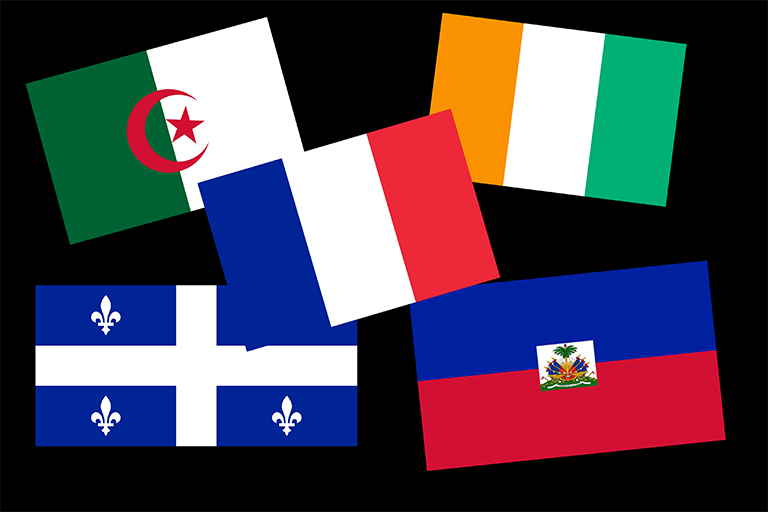
Introduction to French language and selected aspects of French civilization and culture. Permission is required for the online class
Learn more about this course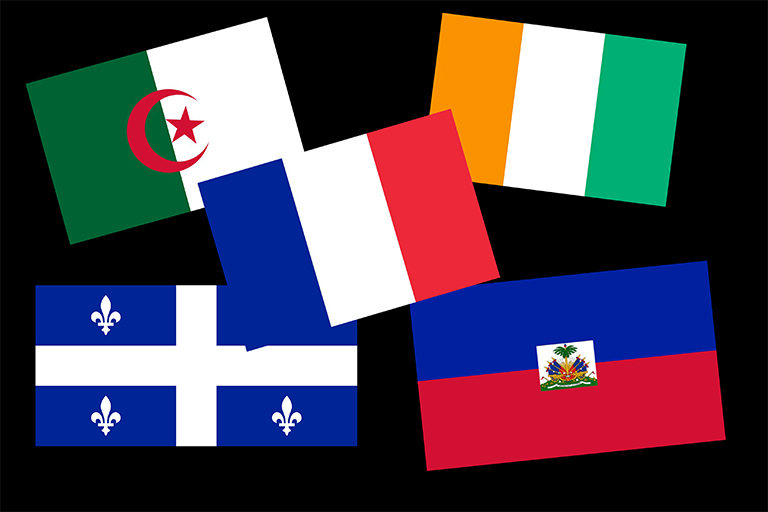
Grammar, composition, conversation coordinated with the study of cultural texts.
Learn more about this course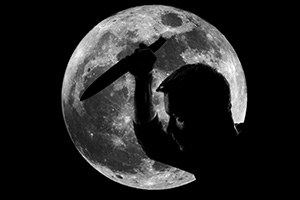
This course introduces students to one of the most basic concepts of literary criticism - literary genre - with specific reference to a popular genre such as the so-called "thriller."
Learn more about this course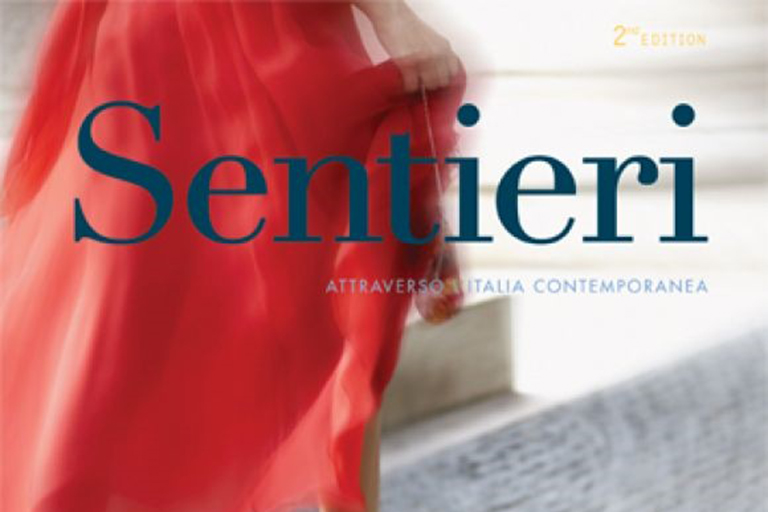
This course is a continuation of Elementary Italian II.
Learn more about this course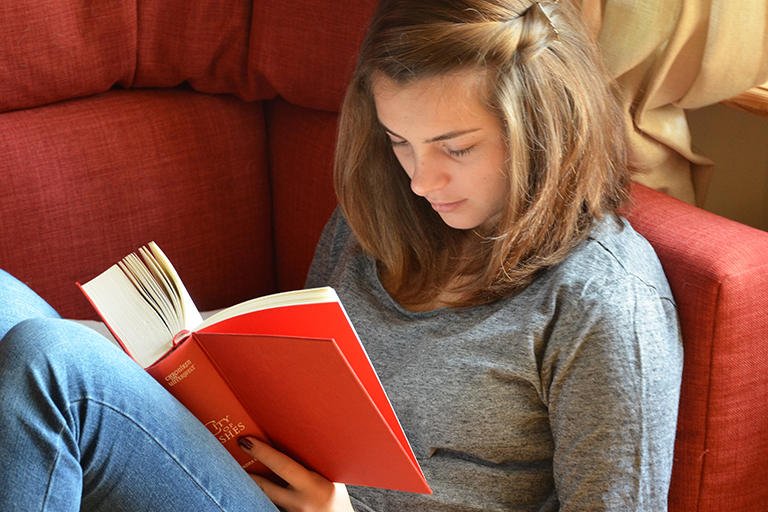
Independent study on a specific topic not taught in one of this semester's regular courses.
Learn more about this course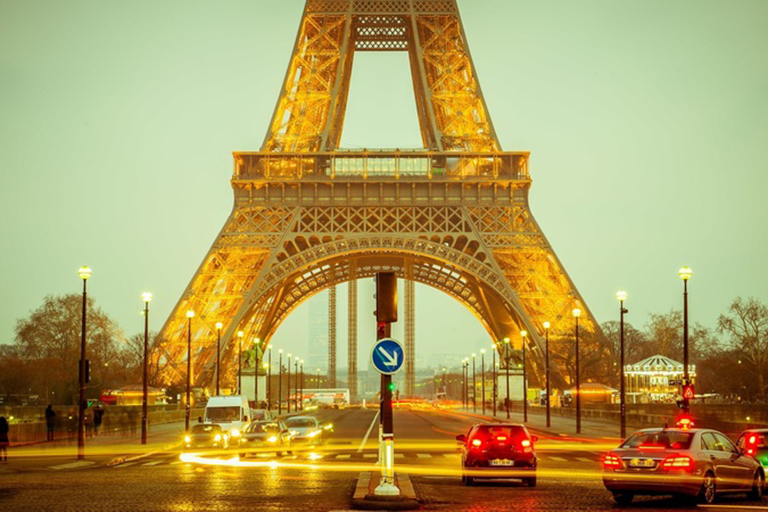
Introduction to structures of the language necessary for reading, followed by reading in graded texts of a general nature.
Learn more about this course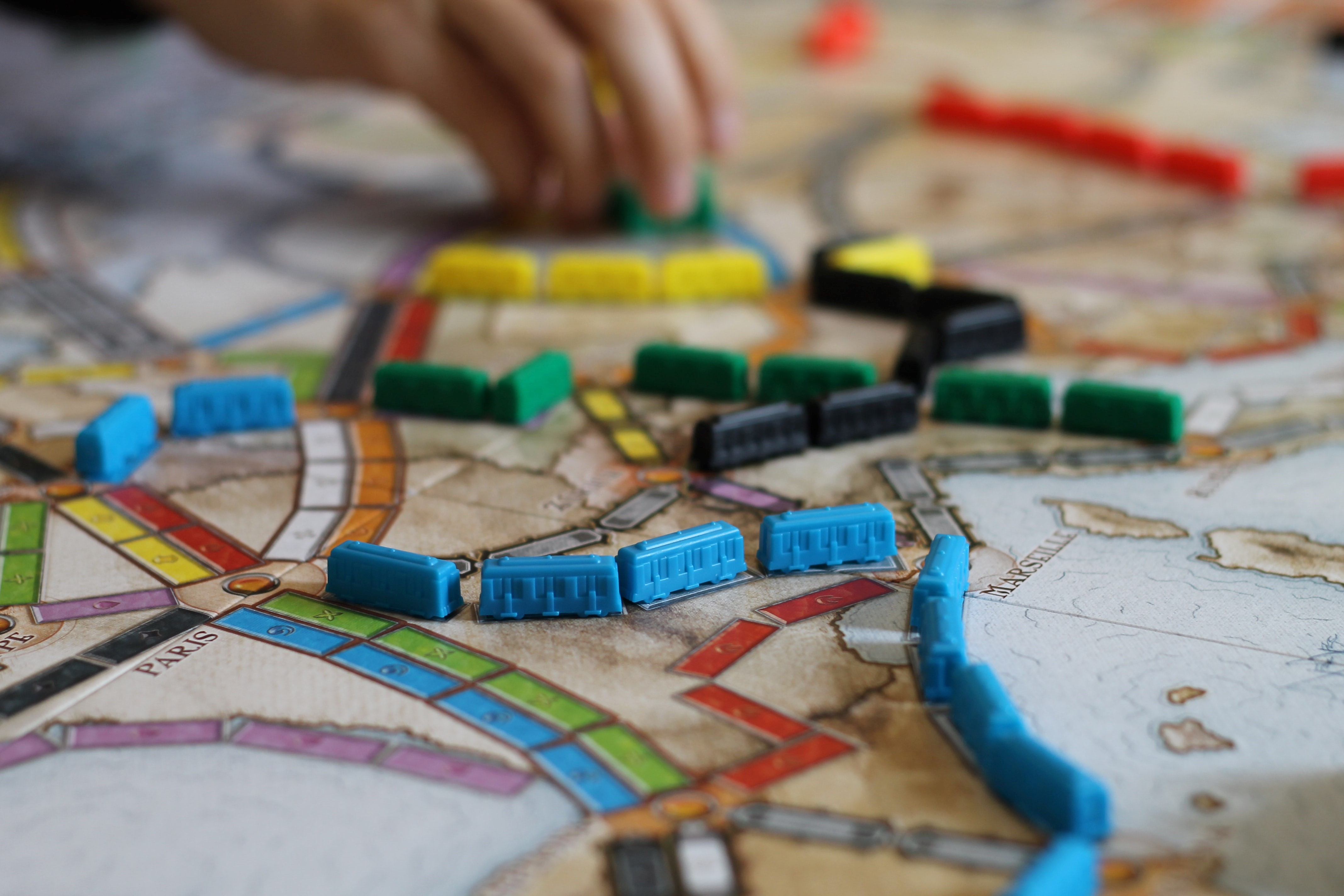
In this class we will explore the dramatic changes in analog game design and culture of the last decades. We will consider the changes in audience, production methods, and publishing policies that have made this change possible.
Learn more about this course
Conducted in Italian, this course continues the study of advanced structures through a variety of media and authentic texts. While the focus is on accuracy and fluency in speaking, practice with other skills and the study of Italian culture will be integrated throughout.
Learn more about this course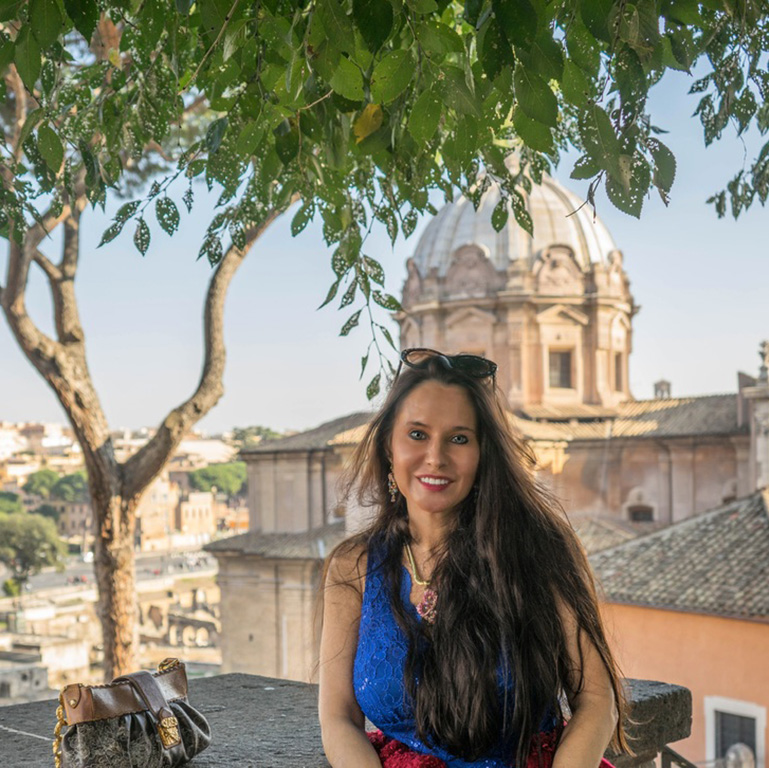
This course is about the art of telling a good story. We will read Italian short stories with the aim of exploring the rich history and great diversity of Italian culture. Through the lens of the short story we will look at Italian culture as a whole, paying attention to some of the dichotomies that have shaped it across the centuries.
Learn more about this course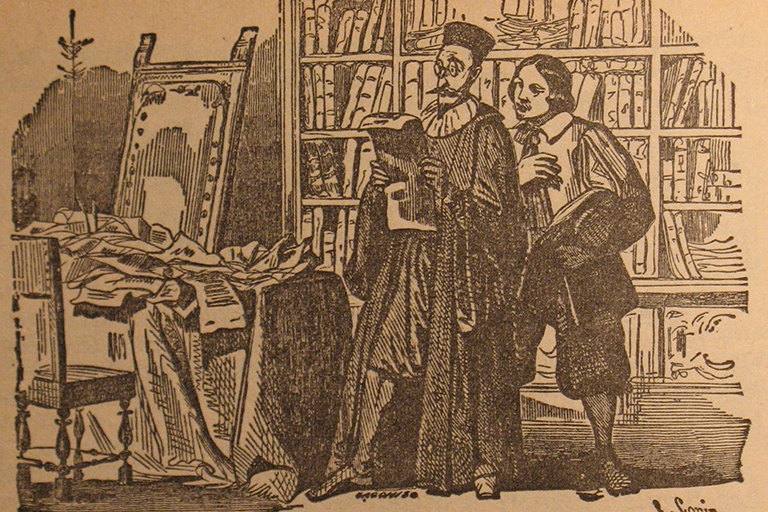
In this course we will explore texts of various genres by Italian authors and artists from the 1800s through our current decades. Students will gain an understanding of the social, historical, and political contexts depicted in the works and during which they were written or made. Students will able to describe continuity and change in concepts such as nation and unity; cultural values, such as religion and family; ideological goals such as economic stability and civil liberties; and socio-political themes such as gender and sexuality.
Learn more about this course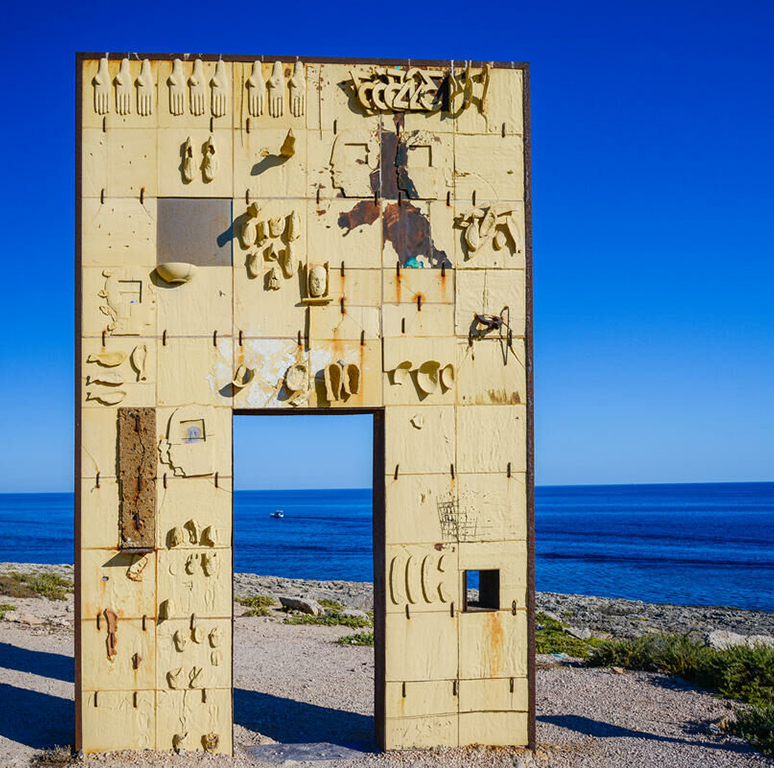
This course offers students different lenses through which to analyze the phenomenon of migration to Italy and a set of tools for understanding representations of foreigners in Italy on screen.
Learn more about this course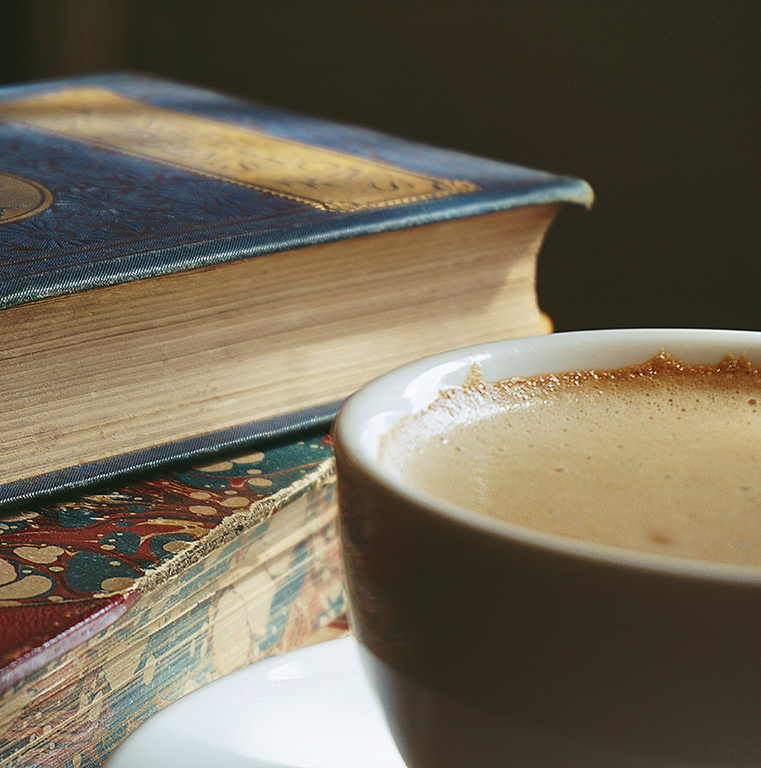
Discover women’s writing from the 14th century to the present, with a focus on how writers use literature to try to bring about social change. Authors range from Catherine of Siena, a middle class medieval woman, to Igiaba Scego, a contemporary Somali-Italian author.
Learn more about this course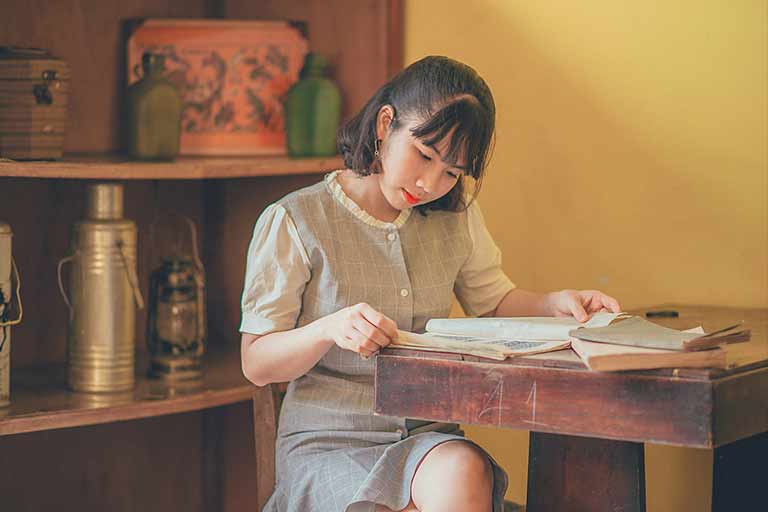
Independent study on a specific topic not taught in one of this semester's regular courses.
Learn more about this course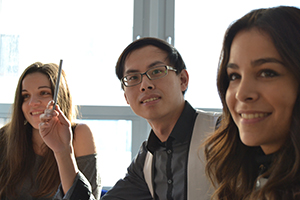
Under the guidance of their instructor, advanced students of French facilitate weekly French conversation groups for lower level students. Leaders are responsible for planning all group sessions, including discussion topics generated by magazine/newspaper articles and movies, and activities such as games and cooking.
Learn more about this course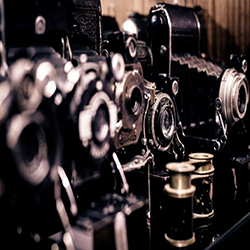
Study the history and development of Francophone cinema from a sonic perspective, including film commentators who accompanied silent films, technological evolution, the use of music, and the influence of pop culture.
Learn more about this course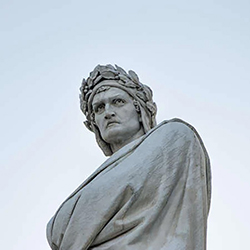
We will explore the period 1250-1550 in Italy, an era of profound social change and deep political unrest. It gave rise to an artistic production that reshaped how people understood themselves and the world around them – and that still shapes how we live and think today.
Learn more about this course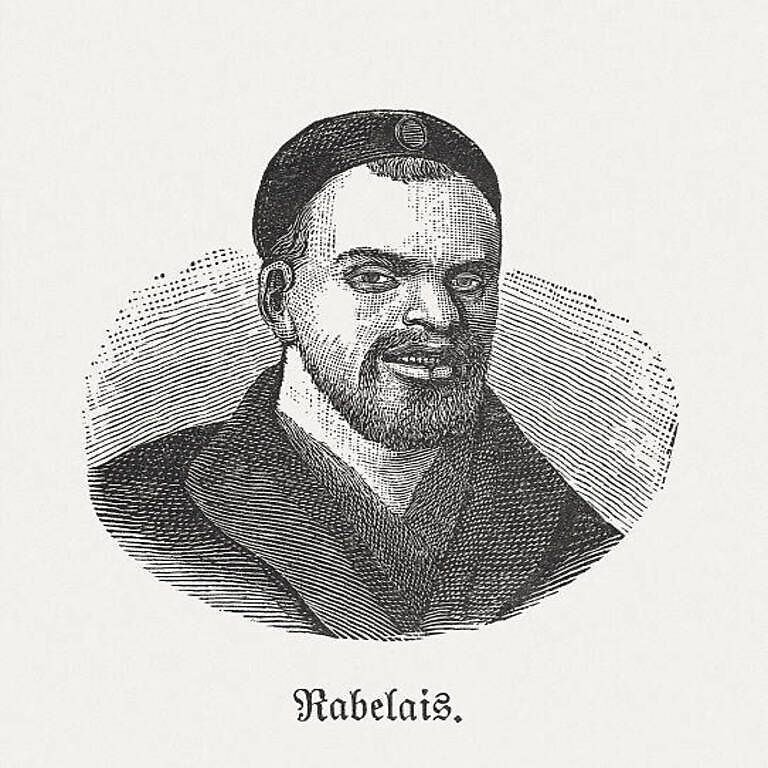
Will study all five books of Rabelais’ novel and their cultural contexts while reading Rabelais criticism as a paradigm of Renaissance studies. Last year saw the publication of the new RSA/Brill Companion to Rabelais while in 2017 a team of French scholars launched the new journal l’Année Rabelaisienne to reinvigorate the field and reorient Rabelais studies toward one of the most prevalent trends in Renaissance studies, the History of the Book.
Learn more about this course
An introduction to the French language from the point of view of descriptive linguistics. Students discover the hidden structure underlying everyday speech.
Learn more about this course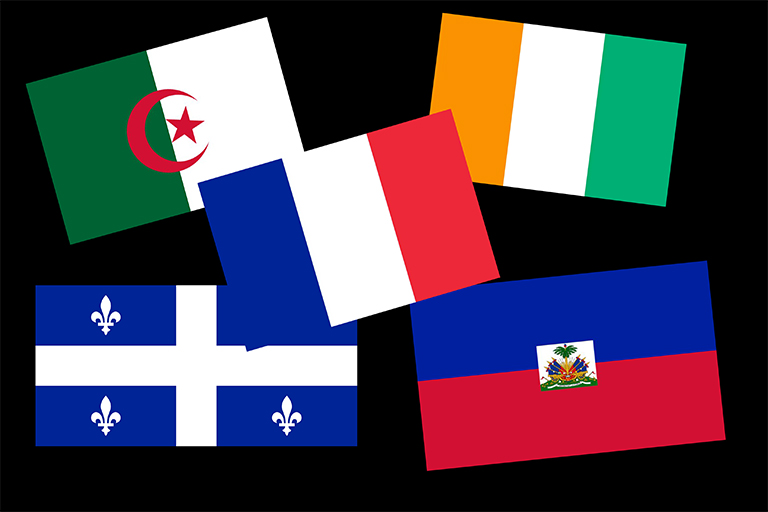
Basic structures of the French language and selected topics of French civilization and culture. Permission is required for the online class.
Learn more about this course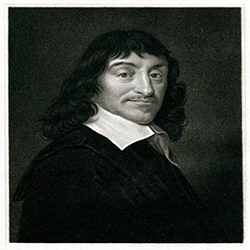
We will explore a wide selection of texts from Descartes’ body of work (from Discourse on Method and the Meditations, via his treatise on the passions and selections from the posthumously published Le Monde, to his very un-Cartesian dreams), while taking stock of recent developments in the scholarship (including Cartesian poetics, passivity, politics, make-believe, folly, crafts, theater, theology and robotics) and looking ahead to still further “Things to do with Descartes.”
Learn more about this course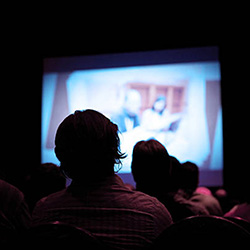
French film as an art, a set of technologies, and an industry, from the late 19th century to the present. This interdisciplinary approach will allow us to assess the role that cinema has played in shaping French national identity.
Learn more about this course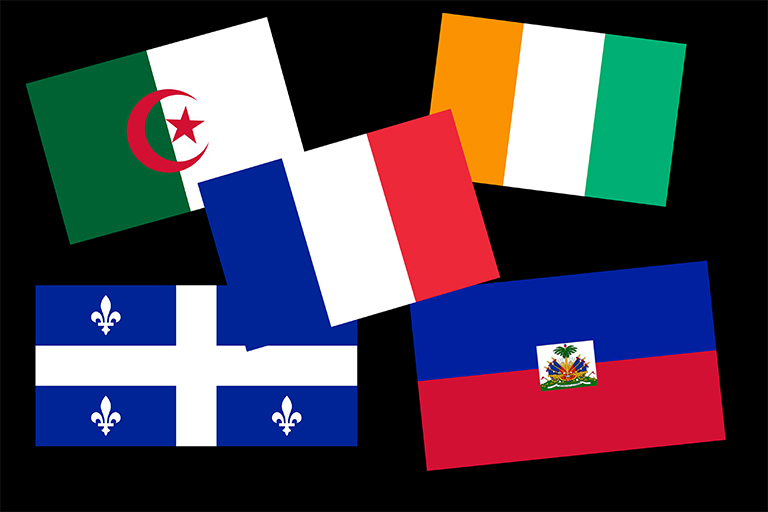
Grammar, composition, conversation coordinated with the study of cultural texts.
Learn more about this course
F577 introduces students to issues in French syntax and to syntactic theory. The aim is to develop an understanding of syntactic categories, the principles governing syntactic representations and syntactic operations.
Learn more about this course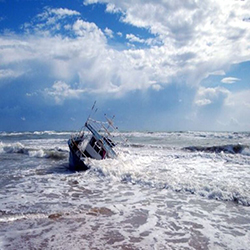
Examine how the current “migrant crisis” has been reflected in the media, literature, and cinema by artists, intellectuals, participants, and witnesses from France and the Francophone world.
Learn more about this course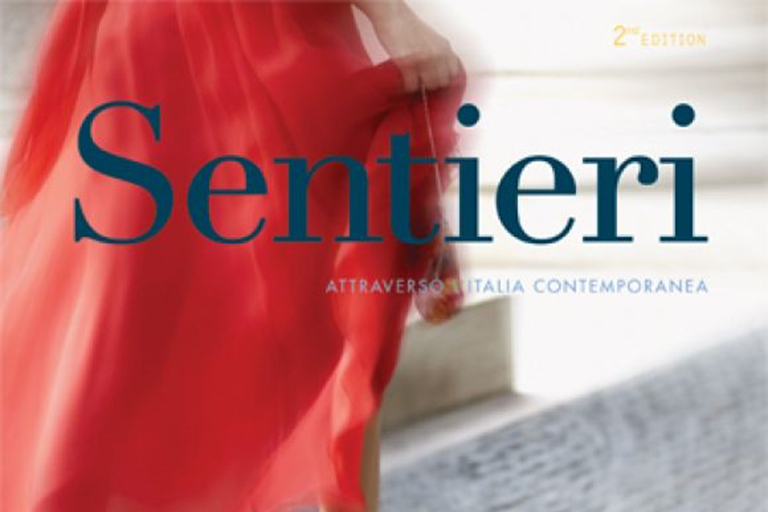
Continued introduction to contemporary Italian language, geography, and culture. Involves a broad variety of assignments and activities that build grammatical competency and proficiency in listening, speaking, reading, and writing.
Learn more about this course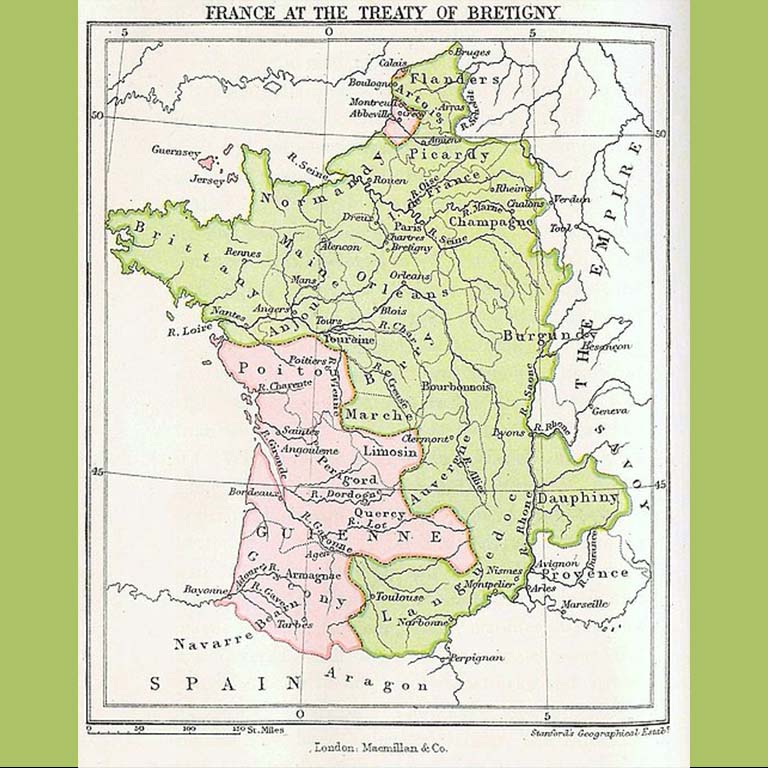
F603 provides an introduction to the history of the French language, focusing on ‘internal’ developments while setting these against an ‘external’—historical and social—backdrop within Europe and the Mediterranean area.
Learn more about this course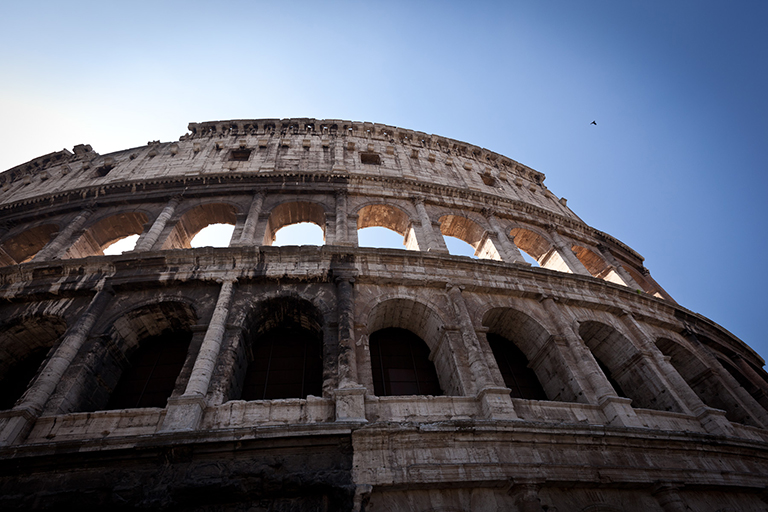
This second-year Italian course meets three times a week and builds upon the first three semesters of beginning and intermediate Italian (or equivalent).
Learn more about this course
Independent study on a specific topic not taught in one of this semester's regular courses.
Learn more about this course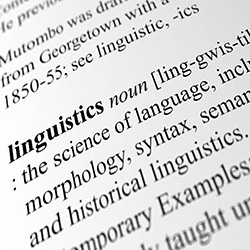
Ce cours se penche sur la variation géographique et sociale en français. Après une introduction au développement de la dialectologie et de la sociolinguistique en tant que domaines académiques, nous allons nous pencher sur des enjeux principaux en sociolinguistique française dans tous les sous-domaines principaux de la linguistique.
Learn more about this course
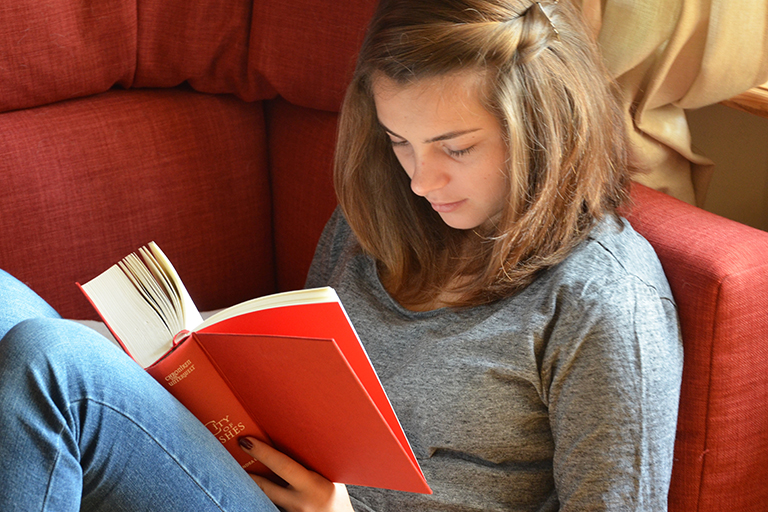
Independent study on a specific topic not taught in one of this semester's regular courses.
Learn more about this course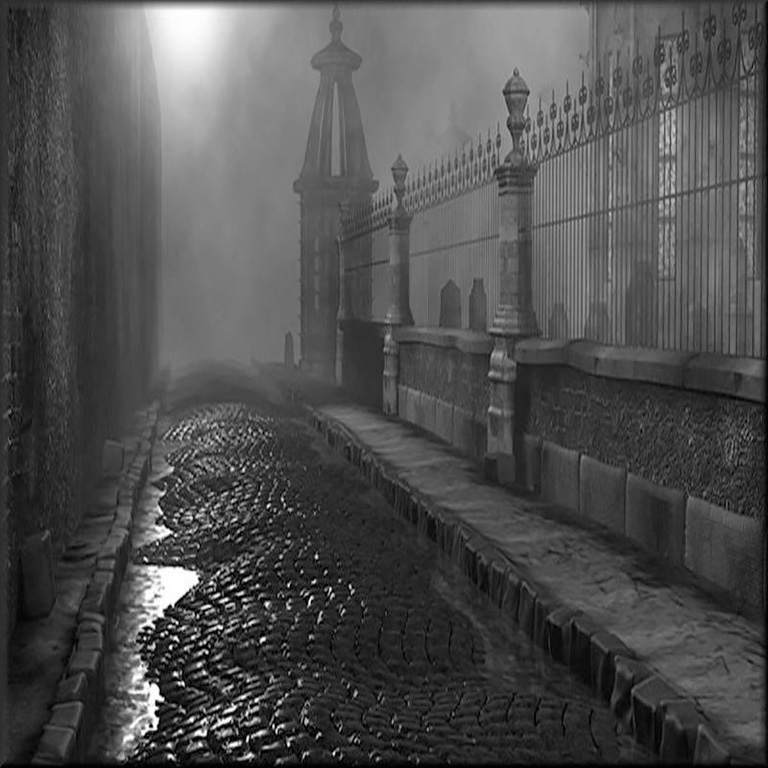
This course will seek to provide a roughly chronological exploration of 20th- and 21st-Century lyric and narrative poetry in French, in its diverse relations to sites of social, historic and material culture. From Guillaume Apollinaire to Noémi Lefebvre.
Learn more about this course